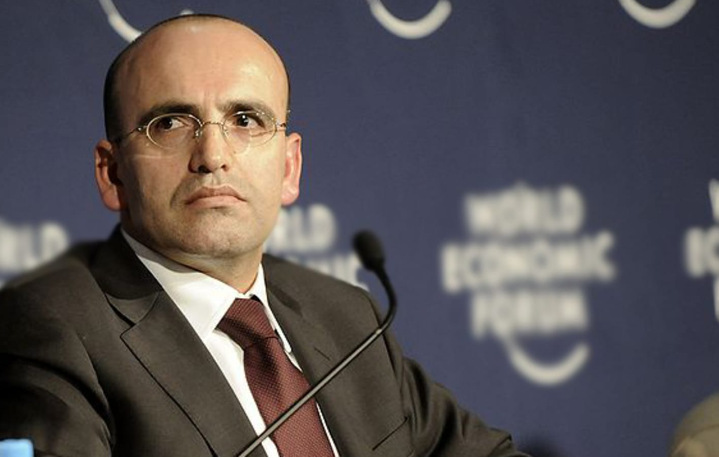ANALYSIS: Turkish rate hikes: How fast, how high?
 faiz-belirsizlik
faiz-belirsizlik
Turkey’s first female Central Bank (CBRT) governor Gaye Erkan is certain to engineer the first policy rate hike in 22 June MPC meeting. She is also expected to assure the markets that this is the beginning of a hiking cycle to last until inflation is under control. This much we know yet there is great uncertainty about how much she can hike and where the terminal rate will peak.
This analysis complies forecasts and views from investment banks about possible tightening scenarios.
According to premier news service Foreks Haber, the median policy rate forecast is 20% vs 8.5% now.
Expectations of a sizable hike in Turkey’s benchmark rate in this month’s policy meeting are gaining traction, fueled by the appointment of investor-friendly names in President Recep Tayyip Erdogan’s new economy team.
The central bank’s Monetary Policy Committee will raise the one-week repo rate to 17% from 8.5% on June 22, according to the median estimate in the central bank’s monthly survey published on Friday. That is lower than the median estimate of 20% in a Bloomberg survey of 10 economists.
According to Financial Times, “Economists expect several actions in quick succession will be needed to begin turning round the economy. “Stabilising the economy will require a large, and we think discontinuous, adjustment to the exchange rate,” Clemens Grafe at Goldman Sachs said, adding that “a significant tightening of policy to slow domestic demand” was also needed to reduce the current account deficit.
“We can talk about personalities, track record, the signals and speculation about what [the new team] can do. But what is really important is the timing and sequencing of policy measures . . . because there are so many moving parts in this adjustment,” Fitch’s Arispe said “.
[embed]https://www.youtube.com/watch?v=yeYUXadF6Jg&t=5s[/embed]
Turkey's central bank is expected to raise its policy rate by a huge 1,150 basis points next week, from 8.5% to 20%, a Reuters poll showed on Friday, in a policy U-turn after rate cuts under President Tayyip Erdogan led to a cost-of-living crisis.
According to Morgan Stanley, "With Mehmet Simsek's appointment as Finance Minister and his initial remarks, we expect more conventional policies, including faster currency depreciation and higher policy rates."
"We expect rates to reach 20% in June and 25% in August. Uncertainty remains very high as more policy guidance can be expected."
"We might see smaller moves in the currency (compared to June 7 slump) until the authorities have their plans in place on monetary policy and other aspects of the economic programme - our strategists see USD/TRY around 28 at year-end."
"Given Turkey's past experience with relatively short-lived u-turns in interest rate policy, enhancing credibility will likely take time, but this pivot should rule out risk scenarios related to reliance on more unconventional measures, including stricter regulations on FX transactions, to sustain extremely low rates."
JP Morgan comments in a Reuters article: "We think that a policy rate hike to 25%, from the current level of 8.5%, for the June 22 MPC meeting is on the table along with forward guidance suggesting smaller rate hikes if needed."
"We maintain our year-end policy rate forecast at 30%, with risks on the upside. We forecast a recession in 2H23 on the back of a tightening in credit conditions."
"The lira depreciated by 10.5% against the dollar last week as a signal of a policy pivot to orthodoxy. The lira depreciation and a slowdown in domestic demand should improve the current account balance in 2H23. That said, inflation is likely to rise."
Follow our English language YouTube videos @ REAL TURKEY: https://www.youtube.com/channel/UCKpFJB4GFiNkhmpVZQ_d9Rg
And content at Twitter: @AtillaEng
Facebook: Real Turkey Channel: https://www.facebook.com/realturkeychannel/





